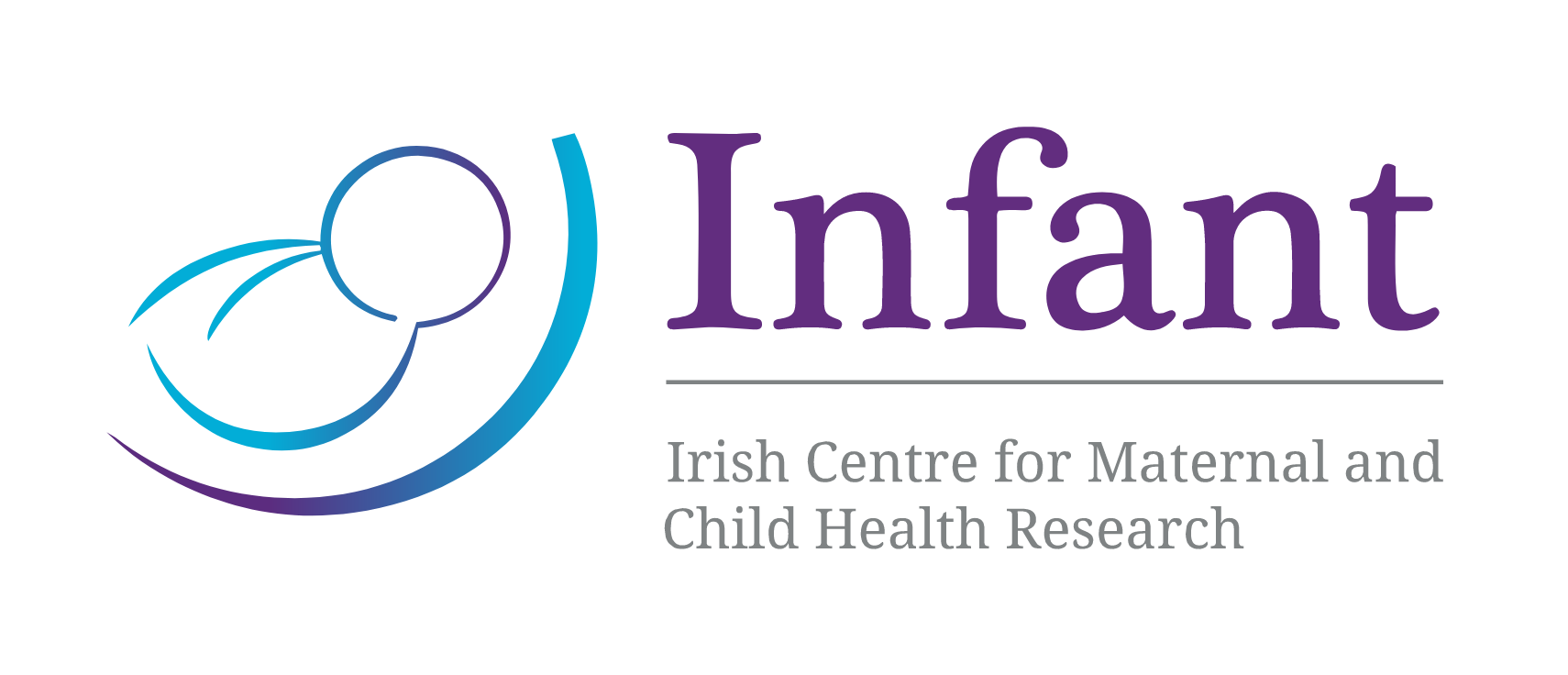Monday 27 February 2017
Three new studies from the Pregnancy Loss Research Group have been published surrounding the impact of stillbirth and intrapartum death.
Led by our PI, Dr Keelin O’Donoghue, the research explores the impact on parents and on healthcare professionals with recommendations for how to improve care.
 The death of a baby through stillbirth is recognized as one of life’s most challenging bereavements and it has long-lasting consequences
The death of a baby through stillbirth is recognized as one of life’s most challenging bereavements and it has long-lasting consequences
New research from the Pregnancy Loss Research Group at INFANT explored the impact of how bad news was communicated to parents following a diagnosis of stillbirth.
Interviews were conducted with 17 parents who were bereaved following stillbirth.
 The way the diagnosis of stillbirth was communicated to parents had a profound and lasting impact
The way the diagnosis of stillbirth was communicated to parents had a profound and lasting impact
The researchers found that the way the diagnosis was communicated was profoundly important.
The parents recalled in detail where and how the bad news was broken to them, and language the clinician used. If the clinicians used diversionary techniques, it created a sense of mistrust especially if the parents felt that information was being withheld.
The study highlights the importance of language, sensitivity, and the environment in which the news is delivered. The researchers recommend that clinicians engage in patient-focused communication training in order to help them communicate in an open, sensitive and honest way.
Paper Available here: Communication Skills in Obstetrics: What Can We Learn from Bereaved Parents?
 Stillbirth is an immensely challenging spiritual and personal experience with enduring impact for parents
Stillbirth is an immensely challenging spiritual and personal experience with enduring impact for parents
In further research by the Pregnancy Loss Ressearch Group, researchers found that the event of a stillbirth brought about challenging spiritual and theological questions.
All of the parents interviewed felt their faith was challenged and most parents reported that their spiritual needs were not adequately addressed while they were in hospital.
The study reveals the depth of spiritual struggle that parents bereaved following stillbirth experience.
The researchers’ recommendation is that spiritual care is provided as part of comprehensive perinatal bereavement care in the obstetric setting.
Paper available here: The Spiritual and Theological Challenges of Stillbirth for Bereaved Parents
 Intrapartum death has a profound effect on healthcare providers
Intrapartum death has a profound effect on healthcare providers
In addition, a separate study found that intrapartum death had a profound impact on healthcare providers, including shock, guilt, sadness, anger and self-blame. The study found that a more proactive approach towards providing emotional support for HCPs was needed. The researchers recommend mandatory education sessions on self-care and training in adverse outcome management.
Paper available here: Healthcare professionals’ response to intrapartum death: a cross-sectional study




